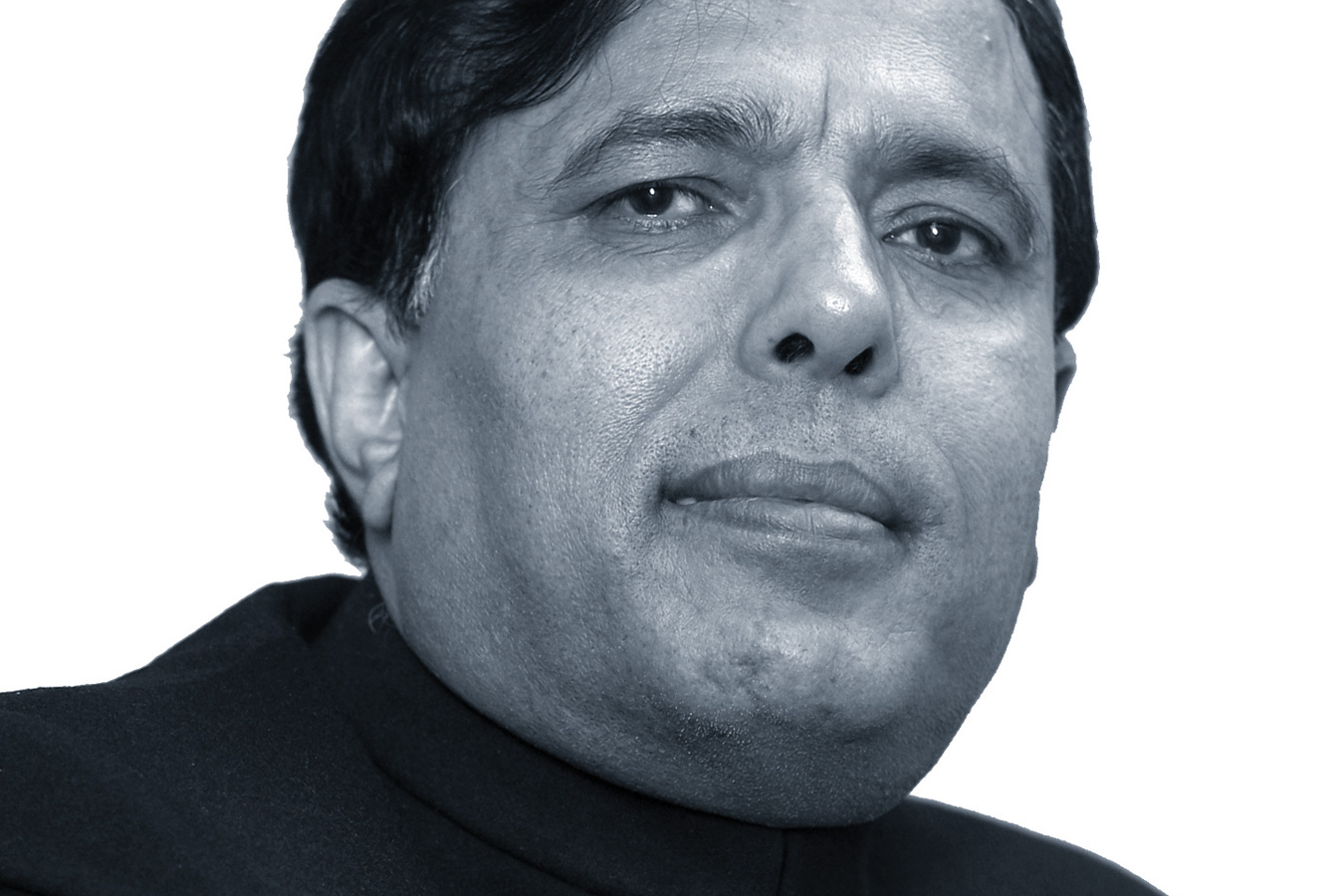
Demand in general practice is escalating, owing to ageing populations and increasing case complexity. The NHS in general is facing an unprecedented funding squeeze, with rationing of many services. Consequently, new models for providing safe and effective care for patients while reducing healthcare costs are urgently sought.
One such innovation is holding group consultations in general practice. Patients attending such appointments usually share a key attribute, such as a chronic medical condition like asthma, diabetes or obesity. The idea is that group consultations combine two effective models, group peer support and clinical one-to-one care, while substantially reducing clinical time commitment
This initiative is reportedly being trialled at dozens of surgeries in England, although I know from my own experience that this been practiced by many colleagues for many years.
I am now a retired GP looking in from the outside. This project has merits as well as concerns. Seeing patients in groups will encourage shared decision making and empowerment of self-management in action. The strongest clinical evidence is in diabetes, where shared appointments result in demonstrable improvements in overall outcomes.
These should never be a substitute for individual appointments but rather an additional resource
Group consultations have been used successfully in many other conditions and settings, in both primary and secondary care, including care for cancer survivors, high use of medical care, pain management, substance misuse, health screening for elderly people, and chronic heart disease. Digital innovation has also been used to provide group consultations for patients with good results.
There is no doubt the approach can be very useful and productive. Patients like group consultations. They can learn from each other about what works. However, these should never be a substitute for individual appointments but rather an additional resource. For this to be a successful model it needs honesty, support, training and transparency for their use in primary care
Given the political motives – to manage demand, cut costs and undermine general practice – I have my concerns that group appointments will be used to fracture care, and limit individual long-term access to GPs and consultants. Group consultations can be driven by guidelines, which are written without patient input or preferences. And they often result from a need to meet targets. This risks relegating individual care to being a luxury or an add-on. There is a real danger of having a two-tier care system. This could further fragment the NHS, and allow some patients to be cherry picked by for-profit organizations.
Group consultations must not be used to replace the person-centered holistic care – the core tenet of general practice – just because general practice is at breaking point. We can’t introduce these new ideas in the hope they will solve the crisis before us – because they won’t. While changes to the model used in general practice may unlock efficiencies and reduce expenditure on hospital admissions, it will need more investment in general practice and other community health and care services to make those changes work.
Dr Kailash Chand is a retired GP in Tameside








